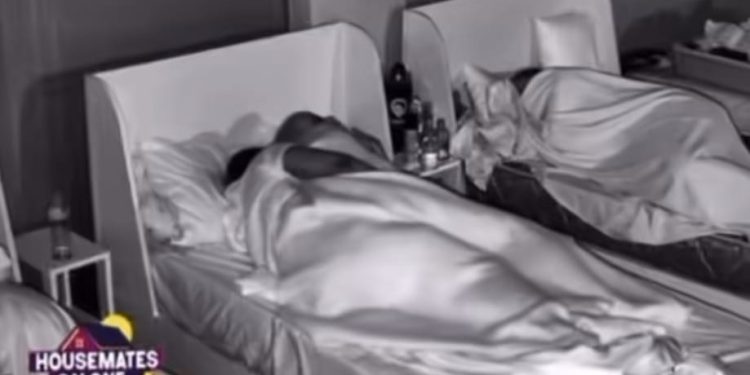By Albert David
In the wake of troubling CCTV footage capturing sexual activity between two contestants inside the Housemates Salone Season 4 studio, a profound and urgent conversation must be held about the moral compass guiding our entertainment landscape. This is not merely a question of consent or safety, it is a matter of public decency, ethical standards, and the cultural responsibility of media institutions.
Housemates Salone, a widely viewed reality show with significant youth engagement, has now become the epicenter of a disturbing controversy. The incident, whether spontaneous or premeditated, reflects a deep failure in contestant orientation, ethical boundaries, and institutional oversight. It is not enough to dismiss this as a moment of passion or entertainment, it is a misrepresentation of Sierra Leonean values, a distortion of public expectations, and a betrayal of the trust placed in media platforms to uphold societal standards.
Children and teenagers are watching. Families are tuning in. Communities are observing. What message does this send to the next generation? That fame is earned through sensationalism? That boundaries are negotiable in pursuit of ratings? That public intimacy is normalized under the guise of entertainment?
The responsibility lies not only with the contestants but with the producers, sponsors, and regulatory bodies. Were these individuals adequately educated about the cultural and ethical expectations of the show? Were clear boundaries established and enforced? If not, then this is not just a lapse, it is a systemic failure.
The Independent Media Commission (IMC), the Ministry of Information and Communications, and entertainment ambassadors must now confront this issue with radical professionalism and moral clarity. Silence or passive observation is no longer acceptable. The public deserves to know:
(a) Is there an active review of reality TV programming underway?
(b) Will there be consequences for breaches of public decency?
(c) Are new guidelines being drafted to protect viewers, especially minors, from exposure to inappropriate content?
This is a defining moment for Sierra Leone’s entertainment industry. It must choose between ethical elevation or moral erosion. Between responsible storytelling or reckless sensationalism. Between protecting public trust or exploiting public attention.
We call on all stakeholders, media executives, cultural leaders, educators, and civil society, to demand accountability, enforce standards, and restore dignity to our screens. Entertainment must inspire, not degrade. It must educate, not mislead. And above all, it must reflect the values we wish to pass on to our children.











